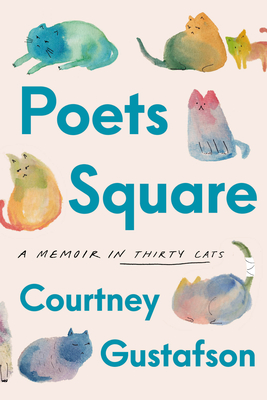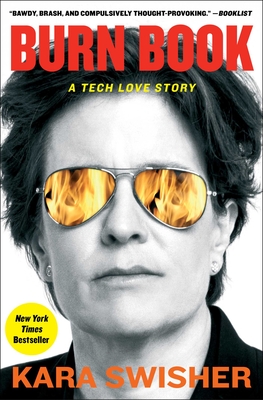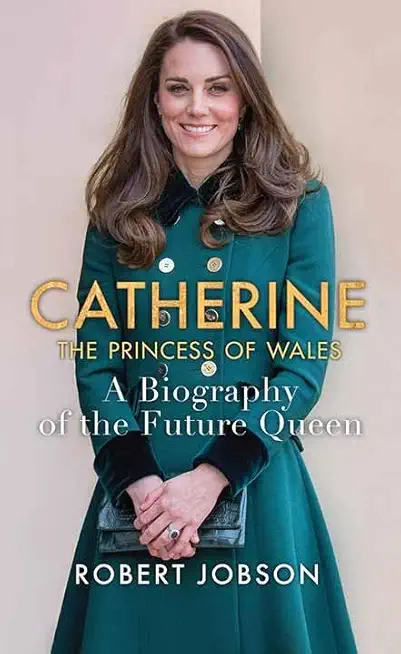
description
9An intimate memoir about the importance of community and care in a world that can feel impossibly broken--and a story about accidentally going viral while tending to a colony of feral cats. When Courtney Gustafson moved into a rental house in the Poets Square neighborhood of Tucson, Arizona, she didn't know that the property came with thirty feral cats. Focused only on her own survival--in a new relationship, during a pandemic, with poor mental health and a job that didn't pay enough--Courtney was reluctant to spend any of her own time or money caring for the wayward animals. But the cats--their pleading eyes, their ribs showing, the new kittens born in the driveway--didn't give her a choice. She had no idea about the grief and hardship of animal rescue, the staggering size of the problem in neighborhoods across the country. And she couldn't have imagined how that struggle--toward an ethics of care, of individuals trying their best amid spectacularly failing systems--would help pierce a personal darkness she'd wrestled with for much of her life. She also didn't expect that the TikTok and Instagram accounts she created to share the quirky personalities of the wild but lovable cats, like Monkey, Goldie, Francois, and Sad Boy, would end up saving her home. Courtney writes toward a vision of connectedness, showing how taking care of the cats reshaped her understanding of empathy, resilience, and the healing power of wholly showing up for something outside yourself. She takes us from the dark alleys where she feeds feral cats to inside the tragically neglected homes where she climbs over piles of trash, and occasionally animals, and then into her own driveway with the cats she loves and must sometimes let go. Compelling and tender, Poets Square is as much about cats as it is about the urgency of care, community, and a little bit of dumb hope.
member goods
No member items were found under this heading.
Return Policy
All sales are final
Shipping
No special shipping considerations available.
Shipping fees determined at checkout.







